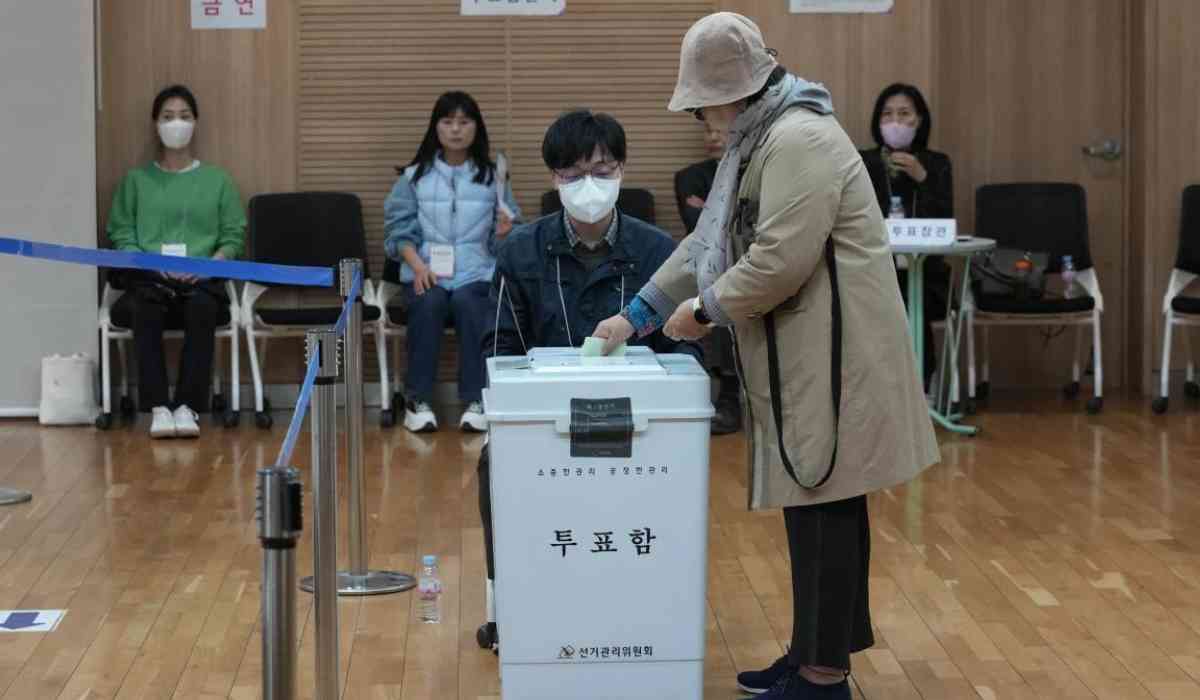In South Korea's recent Parliamentary elections, Political tensions were high as corruption allegations and heated personal attacks dominated. Ultimately, the liberal opposition, led by The Democratic Party, emerged victorious with a significant majority of 175 seats out of 300, while the ruling conservative People Power Party secured only 108 seats.
The recent election had an astounding voter turnout of 67%, the highest percentage in 32 years since 1992. About 29.7 million people used their right to vote, as per the National Election Commission.
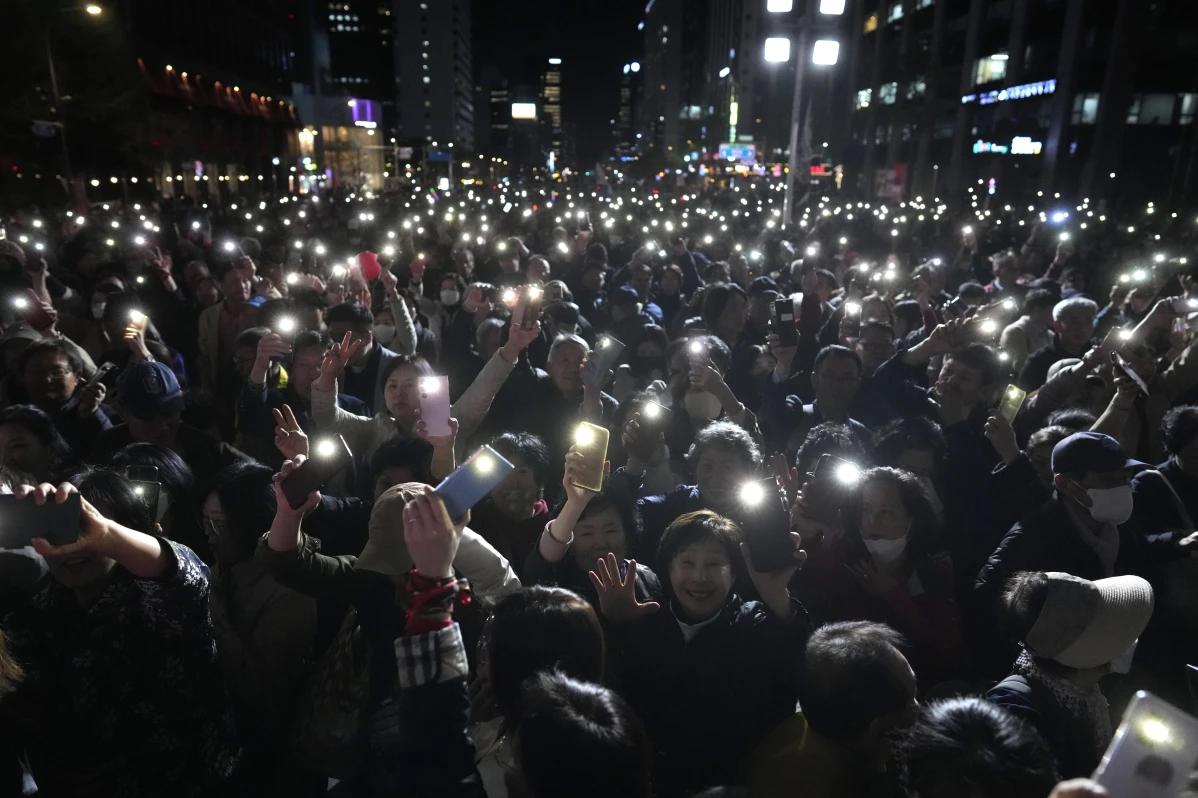
In 2022, Conservatives’ Yoon Suk Yeol became the President of South Korea following a narrow victory over Lee Jae-myung of the Democratic Party. Now, with the 2024 Legislative elections, the opposition had a definite advantage in the balance of power, with voters seeing this opportunity as a mid-term evaluation of President Yoon's performance.
The recent results were seen as a people’s judgement on President Yoon's performance during his first two years in office. Yoon has struggled with the public's consistently low support, which varies from 30% to 40%. The theme of "judgment" was constantly emphasised by the opposition, who mainly focused on Yoon's alleged mismanagement of the economy.
1. Prioritised Foreign Policy over Domestic Concerns
Domestic concerns like inflation and the cost of living had an upper hand in the elections, sidelining foreign issues like North Korean tensions and changes in South Korea's foreign policy stance. This was the reason Yoon struggled with low “domestic” approval ratings despite his attempts to strengthen cooperation with the United States and Japan to address security and economic issues.
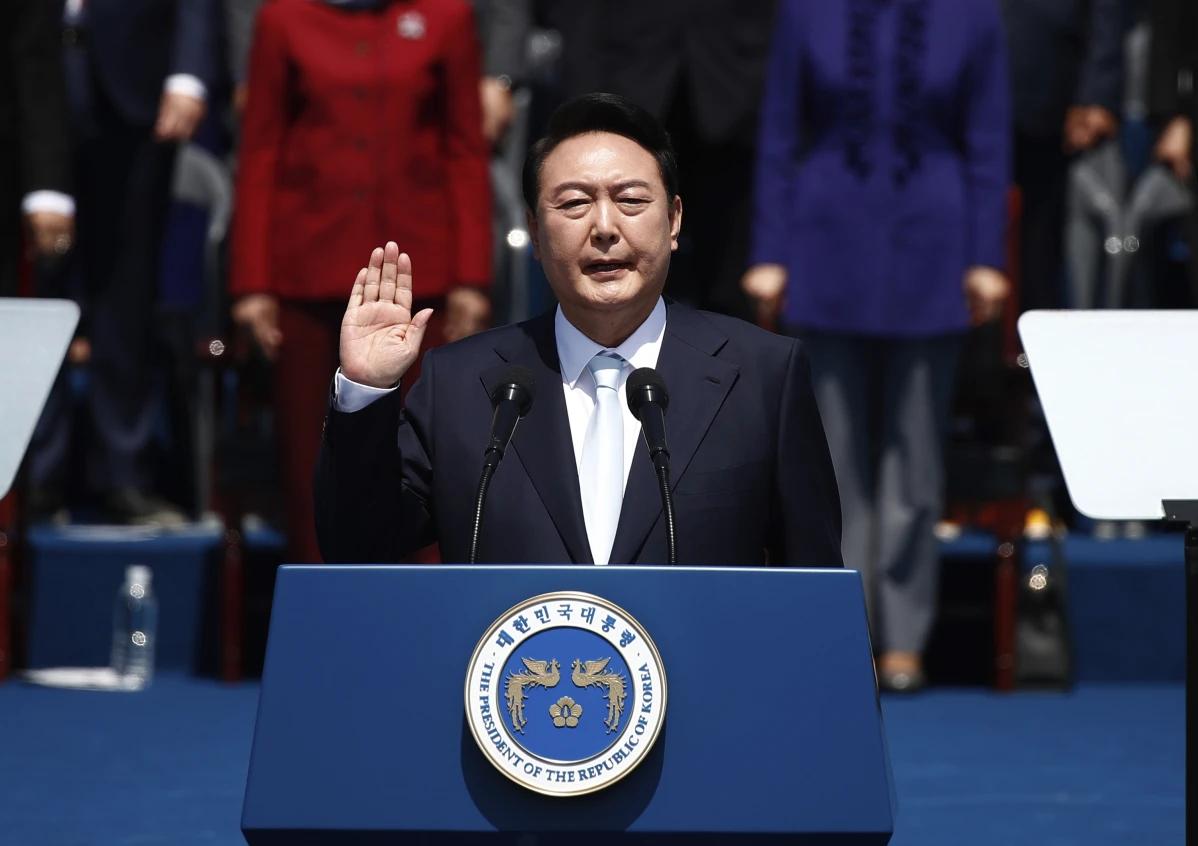
The main causes of public discontent with President Yoon's administration are economic difficulties in South Korea, including prices for agricultural products nearly doubling in March and overall consumer prices rising by more than 3% from the previous year. Yoon's critics accuse him of mismanaging economic matters, not working with opposition leaders on policy priorities, and appointing people connected to scandals to important positions without seeking replacements.
Although public support for Yoon's efforts to increase medical school admissions earlier in the year gave him a brief boost in approval ratings, he was forced to quickly resolute in making a compromise after doctors went on a strike against him on this decision, causing troubles for patients.
2. First Lady's Dior Controversy:
President Yoon's reputation was further damaged by scandals surrounding Kim Keon Hee, the first lady. She was the centre of controversy due to alleged spy camera footage of her acceptance of an expensive and luxurious Dior gift. Yoon called the video a political tactic, but people have demanded an inquiry on this matter. Since this controversy has garnered a lot of criticism, Kim hasn't made many public appearances lately.
Mere ‘Lame Duck’
Now that the opposition has the parliamentary majority, Yoon will likely have to negotiate the last remaining years of his five-year term while facing constraints on his power. According to some analysts, Yoon is essentially a "lame duck" or even "a dead duck" for the final three years of his term following the results of Wednesday's parliamentary election.
This suggests that Yoon will encounter increased resistance to his proposals, especially those about business-friendly policies and tax reforms that need legislative approval, from the Democratic Party. Some, on the other hand, assert that he still has significant policy influence and could actively pursue his foreign policy goals.
Weakened Support to Yoon
Yoon's influence within the ruling party may be waning as the liberals in the ruling party is anticipated to last until after Yoon leaves office in 2027. The desire for party tickets in upcoming elections was a major factor in many party members' allegiance to Yoon.
Adding to it, Several of Yoon’s aides and Prime Minister Han Duk-soo are said to have submitted their resignations in the wake of the government party's crashing electoral defeat. There were hints that Yoon might also have to rearrange his Cabinet.
Han Dong-hoon, the PPP’s leader and head of the party’s disastrous election campaign, resigned. He said, “I apologise to people on behalf of our party, which fell short of receiving people’s support.”
President Yoon said he “humbly accepted” the result and promised an overhaul of state affairs.
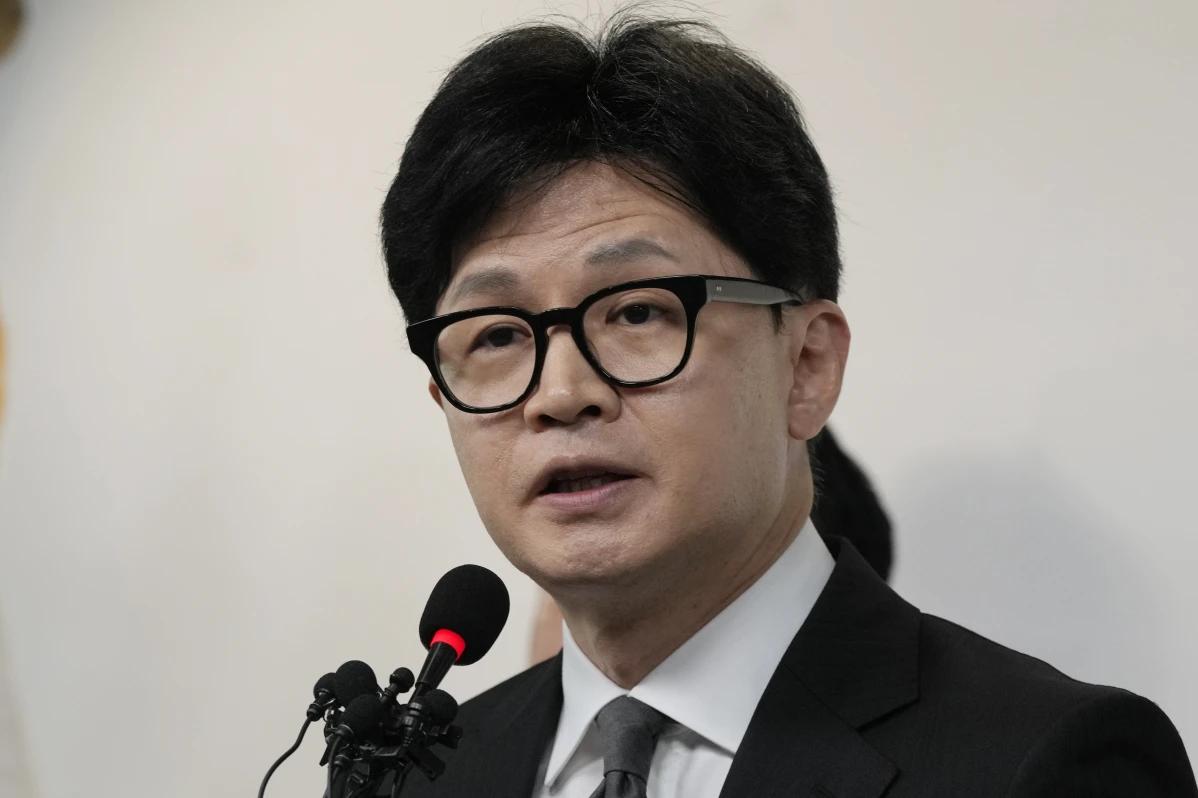
Yoon can’t be impeached by the Parliament controlled by the Opposition
Yoon and his conservative party may have suffered a severe defeat at the hands of the liberal opposition parties and despite the Liberals in opposition had more control over the parliament but they were about twelve seats short of the two-thirds supermajority of 300 seats (approximately 200 seats) required to override the president's veto power or start the impeachment process through a constitutional amendment referendum. Thus, they had no power to impeach the President.
Foreign Policies to remain Intact
Yoon's main foreign policy initiatives are unaffected by the election setback because parliamentary approval is usually not needed for them. Experts predict Yoon will push through his foreign policy agenda more quickly, focusing on North Korea, strengthening the U.S. alliance, mending fences with Japan, and taking a more active role in world affairs. He might, nevertheless, come under pressure from the general public and his party to work with Democratic Party leader Lee Jae-myung, whom he just lost to in the 2022 presidential contest.
However, given the unpopularity of his approach to addressing issues related to forced labour during colonial rule, Yoon may find it more difficult to pursue certain foreign policy goals, like fortifying ties with Japan, as a result of the election results. As a result, Yoon might run into difficulties pushing projects that need public backing.
Despite losing to Yoon in the 2022 presidential contest, Lee Jae-myung, the chairman of the Democratic Party, has gained political recognition as a result of the election results. Together with Han Dong-hoon, a Yoon ally who oversaw the ruling party's campaign, Lee is quickly becoming a front-runner for the presidency in 2027. Lee is the subject of several corruption investigations, which he claims the Yoon administration launched for political reasons.
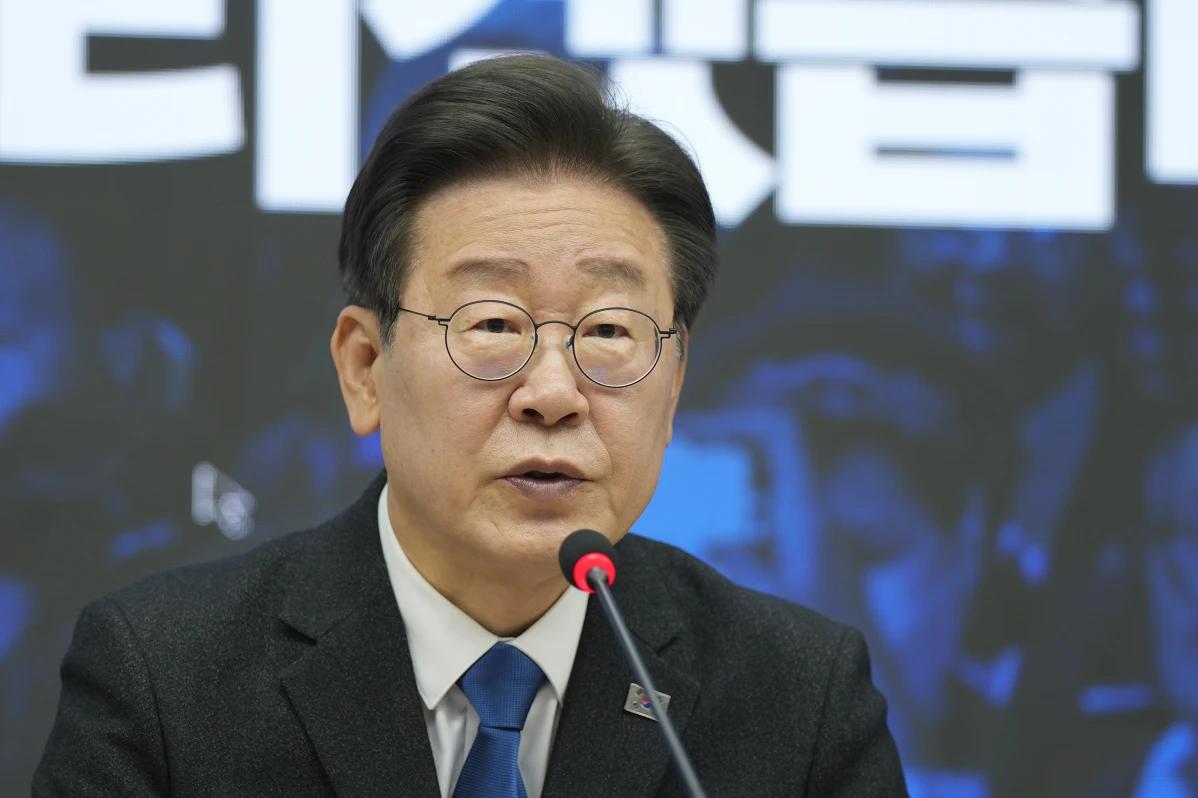
On the Conservatives Side, the election results were a major blow to Presidential Candidate Han Dong-hoon. During the campaign, Han, a political novice and former justice minister, received a lot of support. However, Cho Jinman, a professor at Seoul's Duksung Women's University, suggests that Han has yet to fully recover from the defeat, and conservatives may seek new leadership for the upcoming presidential race.
Photo Credit: AP
(Inputs from Reuters/AP)
©️ Copyright 2024. All Rights Reserved Powered by Vygr Media.

